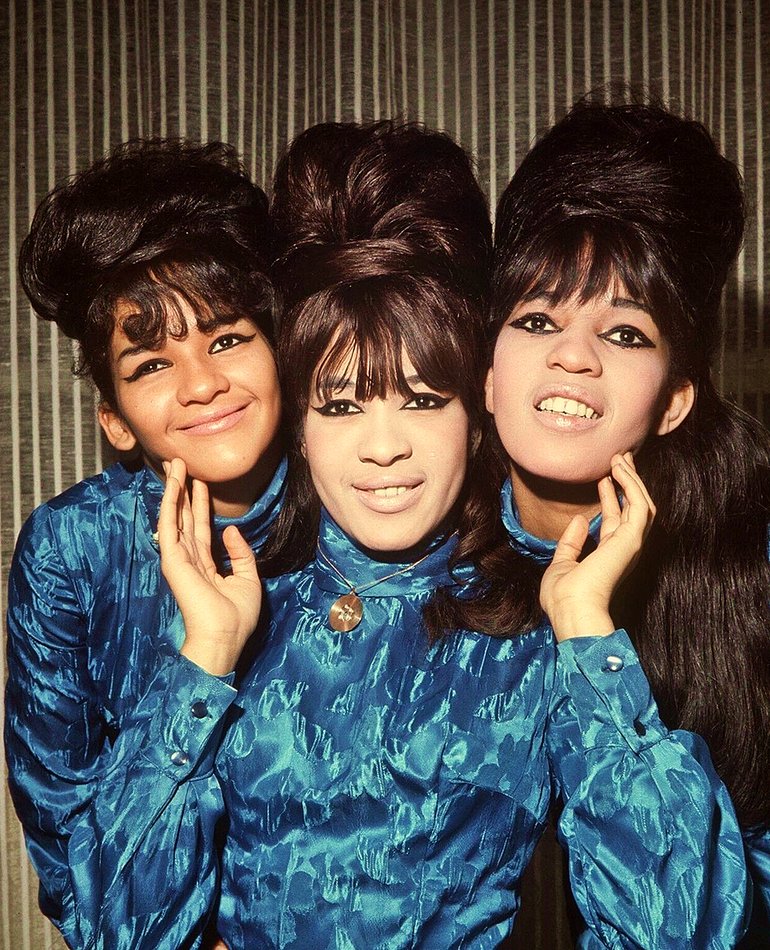
Baby, I Love You: A Symphonic Sigh of Adoration
In the realm of pop music, there exists a constellation of timeless classics that have transcended generations, their melodies and lyrics weaving themselves into the very fabric of popular culture. Among these enduring gems, “Baby, I Love You” by The Ronettes stands out as a beacon of unadulterated adoration, a sonic expression of love so pure and fervent that it resonates with listeners across ages and backgrounds.
Released in 1963, “Baby, I Love You” marked the debut single of The Ronettes, a trio of teenage girls led by the captivating Ronnie Spector. The song, penned by the songwriting trio of Jeff Barry, Ellie Greenwich, and Phil Spector, encapsulated the essence of teenage romance, capturing the giddy rush of first love with an infectious blend of innocence and passion.
From the opening notes, “Baby, I Love You” establishes itself as an anthem of adoration. Ronnie Spector’s voice, a siren’s call of pure emotion, soars over a bed of lush, reverb-drenched instrumentals, creating a soundscape that is both intimate and grandiose. Her vocals are a masterclass in emotional expression, conveying the full spectrum of youthful love – the joy, the heartache, the all-consuming intensity.
The lyrics, simple yet profound, paint a vivid picture of a young woman smitten by the object of her affection. She declares her love with unbridled honesty, her words tumbling out in a torrent of unrestrained emotion. “Baby, I love you,” she sings, her voice echoing with the conviction of a thousand heartbeats. “I need you, I want you, I’ll never let you go.”
The song’s production, masterminded by Phil Spector, is a key element in its enduring appeal. Spector’s signature “Wall of Sound” technique, characterized by layers of instruments and reverb-drenched vocals, creates a sonic tapestry that is both grand and intimate. The arrangement perfectly complements Ronnie Spector’s impassioned vocals, adding depth and dimension to her emotional outpouring.
“Baby, I Love You” has rightfully earned its place among the pantheon of pop classics. Its infectious melody, heartfelt lyrics, and soaring vocals have captivated listeners for decades, making it a touchstone for generations of music lovers. The song’s enduring popularity is a testament to its ability to capture the universal language of love, speaking to the hearts of listeners with an authenticity that transcends time and genre. “Baby, I Love You” is more than just a song; it is a symphony of adoration, a testament to the power of love in its purest form.